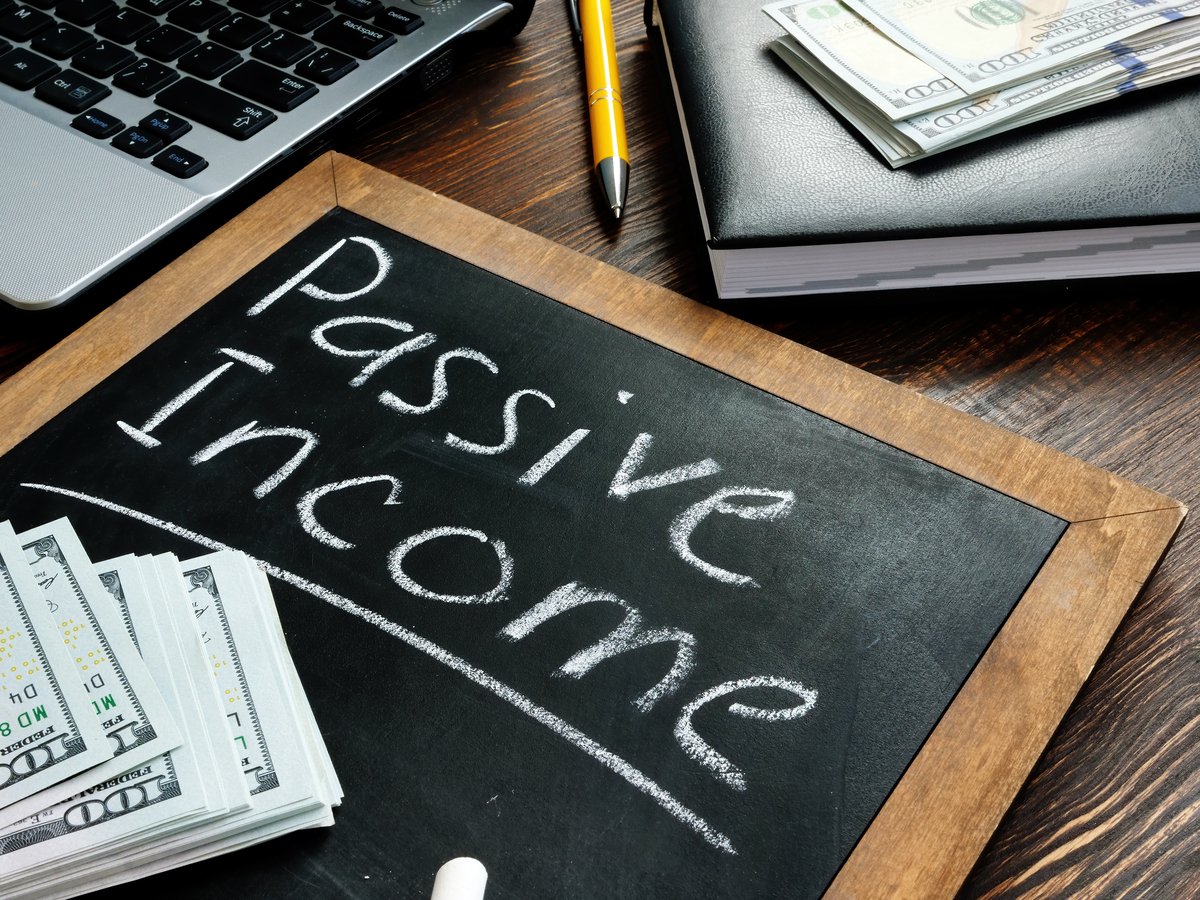Few business sectors in the U.S. have been rattled by the coronavirus pandemic as much as restaurants.
Across the country, fast-food chains and casual-dining locales have been ordered to shut their dining rooms in order to fight the spread of the virus, limiting their operations to takeout and delivery. That's taken away a majority of sales from many industry operators, especially casual-dining chains. According to the U.S. Census Bureau, sales fell 26.5% in restaurants and bars last month, even though the outbreak didn't begin to force closures until the middle of the month.

Image source: Getty Images.
Beyond the plunge in sales, restaurant operators have other concerns, including liquidity, as a number of chains have drawn down credit lines, franchisees, who are struggling with limited operations from franchise parents, and the potential impact of the coming recession as more than 22 million Americans have filed for unemployment in the last four weeks.
Nonetheless, some restaurant stocks have performed surprisingly well during the crisis. McDonald's (MCD 0.39%), Starbucks (SBUX 0.29%), and Chipotle Mexican Grill (CMG 0.99%), three of the biggest chains out there, have all essentially moved in tandem with the S&P 500 since the crisis started.
That performance is in spite of clear signs from all three chains that they are struggling during the pandemic.
Starbucks, which said it would begin reopening stores on May 4, has currently restricted its locations to just drive-through and delivery. In a recent update, the company said that adjusted second-quarter earnings per share, for the January-March period, would be $0.32, down from $0.60 a year ago. That period includes several weeks when its stores in China were mostly closed, but the company warned that results for the third quarter would be worse than those for the second and that headwinds would extend into the fourth quarter.
Chipotle hasn't given a specific update yet, but it has offered free delivery through the end of April, showing the company is dependent on the channel to bring in sales at a time when most of its dining rooms are shut. Many of the burrito chain's locations are in downtown areas, where sales have likely fallen sharply, as office workers stay home, and the chain's lack of drive-throughs puts it at a disadvantage against other fast-food restaurants. The company is set to report first-quarter earnings on Tuesday, April 21, and some analysts are now expecting it to report a loss for the year.
In its business update, McDonald's said that 75% of its locations were open as of April 8, and it said performance in many of its markets began to deteriorate starting in mid-March. In March, comparable sales fell 13.4% in the U.S., and 22.2% globally, though the fast-food giant started off the quarter strong. It also pulled its outlook, suspended share repurchases, reduced capital expenditures, and secured $6.5 billion in financing to give it more liquidity as it goes through this period of uncertainty. Finally, it's deferred rent and royalty payments for franchisees in most markets.
Not all restaurant stocks have traded on par with the broader market, of course. Some have lost more than 50% of their stock value and are facing potential bankruptcy if the pandemic drags out much longer. Still, investors generally seem to be giving companies like McDonald's, Starbucks, and Chipotle the benefit of the doubt.
The long road back
Some experts suggest the economic recovery from the coronavirus pandemic will happen in stages and restaurants will be one of the last industries to recovery, behind non-essential stores reopening, industries like construction and manufacturing coming back to life, and smaller gatherings once again being permitted. Parts of China offer some clues to what the recovery trajectory will look like. In China, Starbucks has seen comparable sales improve from a decline of about 90% in mid-February to a decline of 42% in the last week of March, indicating progress, but still a long way to go.
Government officials have begun calling for masks to be worn in public places as part of efforts to partially reopen the economy, which will be difficult in restaurants where people are eating and drinking. There may be rules restricting capacity in dine-in restaurants to allow for proper social distancing, and Americans may simply be fearful of visiting a crowded establishment until they are confident that the outbreak is over. Meanwhile, the coming recession is likely to weigh on discretionary spending, affecting restaurants among others.
There are other signs too that the recovery may take longer than the market seems to anticipate. Facebook, for example, canceled all live events until the summer of 2021, and some colleges have canceled on-campus summer classes this year. That shows that social distancing may continue for several more months, making normal restaurant business difficult.
Restaurant titans like McDonald's, Chipotle, and Starbucks will no doubt survive and could even emerge from the crisis stronger, as they should be able to grab market share from weaker competitors. However, it could take them at least a year, probably longer, to get back to their sales levels before the crisis hit, and that process won't end until people feel completely safe to go about their normal lives and until the economy bounces back from the shock of the outbreak, which could take years. Weaker restaurants may not survive.
At this point, the market seems to be ignoring much of the potential downside in the restaurant industry and focusing on the brighter long-term future. For now, that seems to be a good thing for McDonald's, Starbucks, and Chipotle, but these companies and other restaurant stocks could easily pull back if the recovery doesn't live up to the market's expectations.









